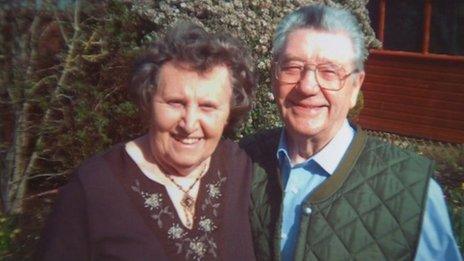Avon and Wiltshire mental health trust told again to improve
- Published
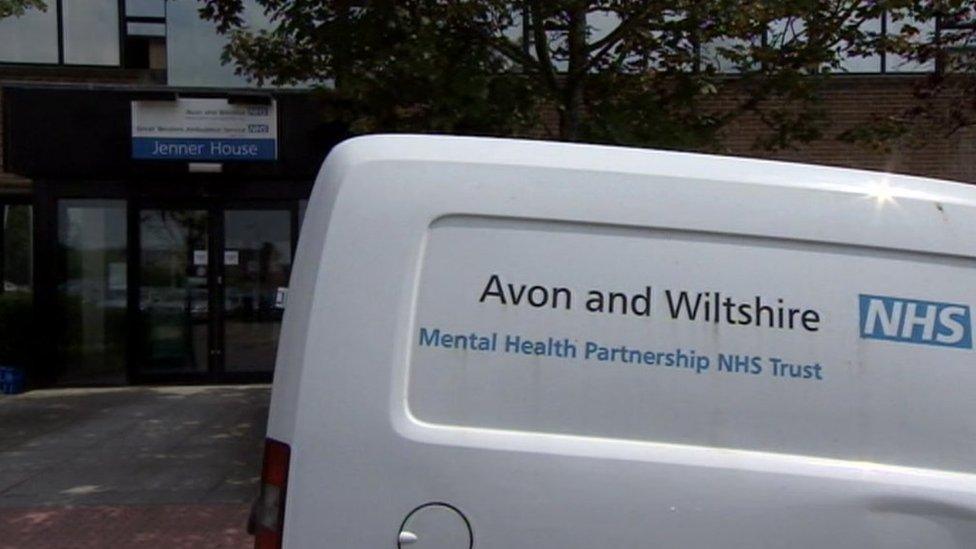
The NHS trust has been criticised in several reports so far this decade
An NHS trust providing adult mental health services must "significantly improve", inspectors have again warned.
The Care Quality Commission (CQC) said Avon and Wiltshire Mental Health Partnership Trust was not "always safe, effective, responsive or well led".
Inspectors reported a lack of qualified nurses to manage complex cases.
The trust, which has faced similar criticisms previously, said it was "actively working" to address concerns about community services in Bristol.
Whistleblower
CQC inspectors visited crisis, assessment and recovery services run by Avon and Wiltshire Mental Health Partnership NHS Trust (AWP) on 8 and 9 December after receiving information about a "number of serious incidents".
The watchdog said concerns had been raised by a whistleblower, staff and the Clinical Commissioning Group.
The trust was issued with a warning notice after the December inspection which was then followed up on 17 February.
The CQC said it was "satisfied" AWP had improved its management of referrals and waiting lists, but said it still needed to ensure care was provided in a "timely way" and was "safe".
Dr Paul Lelliott, from the CQC, said: "At the time of our first inspection there were more than 500 patients waiting for assessment. Some had been waiting for several months.
"Also, staff did not follow up patients who missed initial appointments or did not respond to telephone calls. These patients were sometimes lost in the system.
"The trust has made some immediate changes to address the waiting lists and manage the service better.
"We still require it to look deeper across the service before we return in May to undertake a comprehensive inspection which will look into the whole trust."
New contract
AWP's acting chief executive Dr Hayley Richards said: "It is important to realise that services should always be learning from the challenges and having them inform improvements.
"That's why we are in constant dialogue with our commissioners to make sure we are all providing the best care."
Richard Lyle, of the NHS Bristol Clinical Commissioning Group, said AWP had worked with partner organisations to develop "a new model of care" which led to a new contract award in October 2014.
Mr Lyle said: "This model has now been in operation for nearly a year; it is still evolving and developing and we are keen to continually review its effectiveness to ensure patients and service users can get the best possible care.
"We recognise that one of the major issues for AWP has been recruitment and retention of staff in the service and we're working with AWP to put in place appropriate measures to address this and to ensure staff feel well supported."
In September 2014, AWP received four warning notices requiring it to take "urgent action" to improve services.
The trust received a formal warning in 2013 over staffing levels at the Fromeside Unit of Blackberry Hill Hospital in Bristol.
A year before that the CQC expressed concerns over staffing levels, reporting: "There were insufficient qualified, skilled experienced staff to meet people's needs."
This came shortly after a report into two patients who committed killings in 2007 which described the culture of the trust as "centralist, top down and target driven, bureaucratic and controlling".
The trust was also criticised in the 2011 NHS staff survey where concerns were raised about staff morale.
Following the latest report on the trust, the CQC said inspectors would return in May to "undertake a comprehensive inspection which will look into the whole trust".
- Published18 September 2014
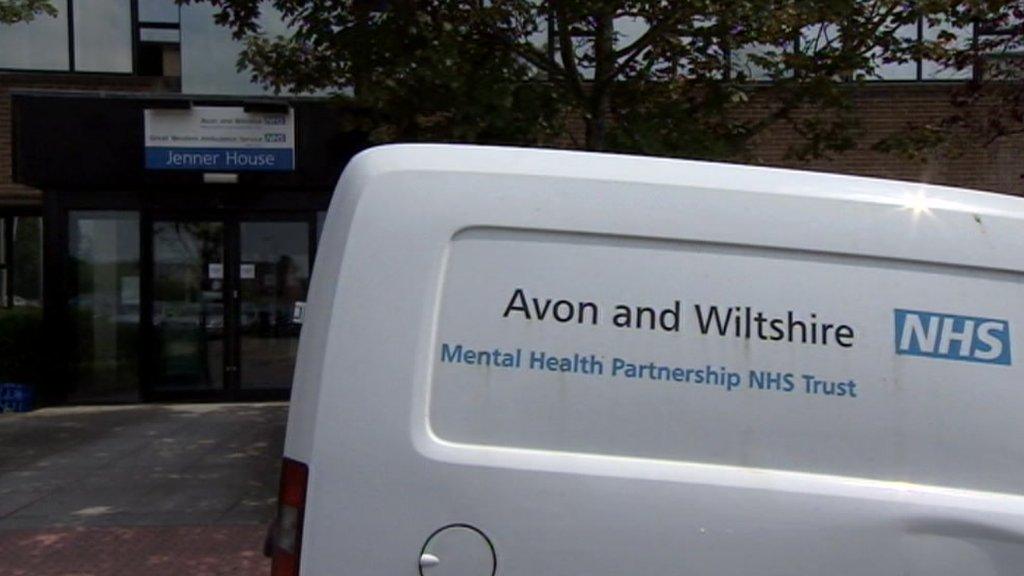
- Published28 May 2014

- Published22 May 2014

- Published30 October 2013
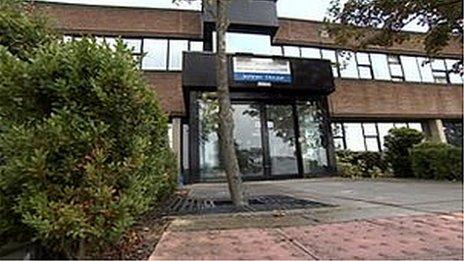
- Published8 February 2013
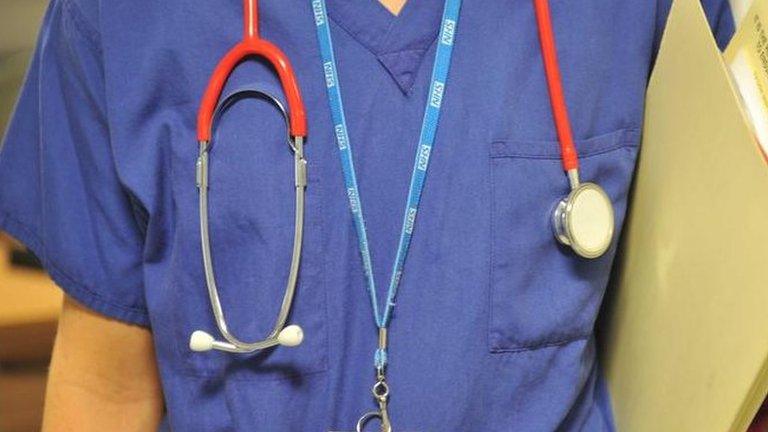
- Published24 October 2012

- Published17 August 2012

- Published11 May 2012

- Published26 July 2012
